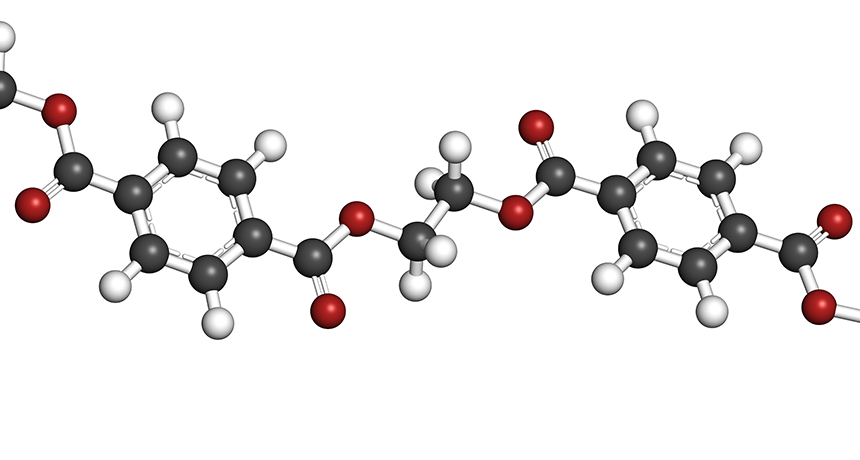Polymers in Healthcare: Improving Clinical Devices and Treatments
Polymers in Healthcare: Improving Clinical Devices and Treatments
Blog Article
Discovering the Varied Applications and Benefits of Polymers in Different Industries
Polymers, with their varied array of buildings and functionalities, have become essential in various markets, each reaping unique gain from their application. Polymers. From improving safety and security and performance in the automotive field to transforming clinical gadgets in the health care sector, polymers play a pivotal function. Furthermore, their green nature is altering the landscape of sustainability methods. As we look into the midsts of polymers in electronic devices, we uncover advanced technologies, while their structural integrity transforms the world of building and construction and infrastructure. The prevalent influence of polymers across sectors is a testament to their versatility and flexibility, forming the future of countless fields.
Automotive Industry Applications
Polymers play a crucial role in boosting the efficiency and resilience of numerous components within the vehicle sector. These flexible products are extensively used in the production of different components, ranging from indoor parts to under-the-hood applications. One popular use polymers in the automotive industry is in the manufacturing of lightweight elements. By changing traditional metal get rid of polymer-based alternatives, lorries can achieve improved fuel performance without endangering on strength or safety.

Health Care Sector Benefits
In numerous medical care applications, the benefits of making use of polymers are extensively recognized for their diverse series of valuable residential or commercial properties. Polymers play a crucial duty in the healthcare industry as a result of their adaptability, biocompatibility, and cost-effectiveness. Among the primary benefits of polymers in health care is their capacity to be customized to details needs, such as adaptability, durability, and biodegradability, making them ideal for a wide range of clinical applications.
Polymer-based products are extensively used in clinical tools, such as catheters, implants, prosthetics, and medicine shipment systems, because of their biocompatibility and capability to imitate natural tissues. These materials can reduce the threat of sensitive reactions or rejections, boosting individual security and outcomes. In addition, polymers are light-weight, making them suitable for wearable clinical gadgets and guaranteeing patient convenience.
In addition, polymers enable the growth of innovative therapy methods, such as hydrogels for cells engineering and nanocomposites for targeted medicine delivery. Their simplicity of handling and sterilization makes them crucial for preserving high requirements of hygiene in healthcare settings. On the whole, the diverse advantages of polymers contribute significantly to innovations in clinical modern technology and client treatment.
Ecological Benefits of Polymers

Additionally, polymers can add to power financial savings as a result of their light-weight nature. In sectors such as transport, light-weight polymer products can help in reducing fuel consumption and greenhouse gas discharges. Furthermore, polymers can allow the advancement of energy-efficient items such as insulation materials that enhance energy conservation in buildings.
Furthermore, polymers play a vital duty in lowering water air pollution. The usage of polymer-based purification systems can successfully eliminate contaminants and contaminants from wastewater, safeguarding water sources and ecological communities. Generally, the ecological benefits of polymers make them valuable properties in advertising sustainability and green methods across various sectors.
Polymers in Electronics and Technology
Taking into consideration the boosting demand for cutting-edge and sustainable solutions in contemporary markets, the combination of innovative polymer technologies in the world of electronics and technology has actually emerged as a crucial method for driving efficiency and efficiency. Polymers have changed the electronics sector by allowing the manufacturing of lighter, his comment is here much more adaptable, and resilient digital gadgets. From smart devices to medical tools, polymers play an important duty in improving item design and performance.
One significant advantage of polymers in electronic devices is their insulating residential or commercial properties, which assist protect delicate electronic components from environmental elements and electric interference. In addition, polymers are crucial in the advancement of about his flexible display screens, wearable modern technology, and printed electronics, supplying unlimited opportunities for developing smart and interconnected gadgets.
In addition, the use of polymers in electronic product packaging has actually led to developments in miniaturization and thermal administration, boosting the overall performance and reliability of electronic systems. As innovation remains to evolve, the flexibility and versatility of polymers will undoubtedly drive further development in the electronics market, forming the future of innovation.
Duty of Polymers in Building And Construction and Framework
The integration of advanced polymer materials in construction and infrastructure projects has revolutionized the way structures are designed and built in modern times. Polymers offer numerous benefits in the building and construction sector as a result of their convenience, durability, and cost-effectiveness. One key duty of polymers in building and construction is their usage in finishes and sealers, offering protection against ecological aspects such as wetness, UV radiation, and rust. Additionally, polymers are utilized in the production of light-weight and high-strength composite materials, improving the structural integrity of buildings while lowering total weight.
Furthermore, polymers play an essential duty in lasting construction techniques by allowing the growth of energy-efficient structures. Shielding materials made from polymers help control indoor temperature levels, minimizing the need for heating and cooling down systems and ultimately reducing power intake. Additionally, using polymer-based composites in infrastructure jobs such as bridges and roadways enhances their durability and decreases upkeep prices. On the whole, the find more info consolidation of polymers in building and construction and facilities displays their substantial impact on modern engineering practices.
Final Thought
Finally, polymers play a critical role in various industries such as automobile, health care, environmental, electronics, and building. Their flexible homes make them useful in producing ingenious options and items. From enhancing fuel effectiveness in cars to enhancing medical devices, polymers offer various advantages. Additionally, their impact on reducing waste and advertising sustainability highlights their relevance in modern-day applications. The prevalent use polymers shows their significant contribution to advancing technology and boosting top quality of life.
Report this page